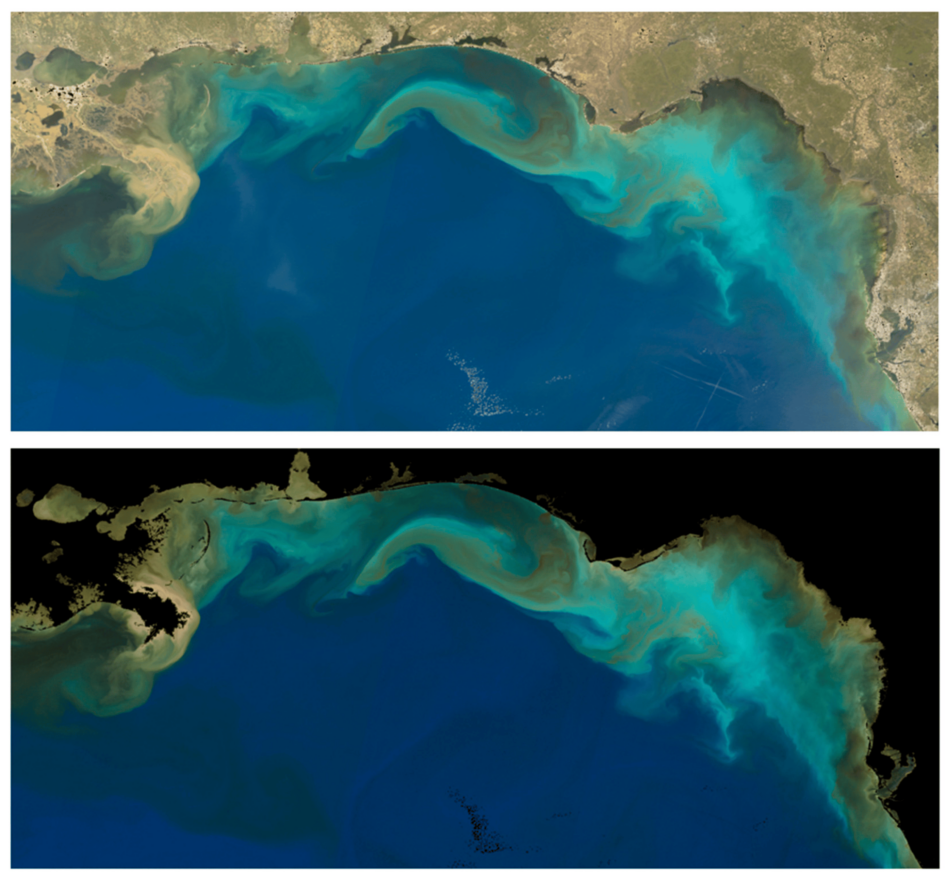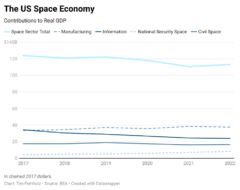The US’ central weather-tracking agency has commissioned BAE Systems to build an instrument for its next-generation weather and climate constellation, GeoXO.
Under the contract, BAE Systems will build a hyperspectral imager that will be fine-tuned to observe the Great Lakes and the US coastal regions. The company is now contracted to provide all three of the hyperspectral instruments for the GeoXO program.
Weather: The Next Generation: Across the US civil spacefaring agencies, including NASA and NOAA, there are a handful of weather monitoring satellites and small constellations in operation today.
- Arguably the most important of these for standard climate and weather tracking is the GOES (Geostationary Operational Environmental Satellites) program, which provides imagery as well as temperature, wind speed, and solar activity data.
- The most recent set of satellites in this constellation, GOES-R, began launching in 2016, and the final satellite in the series, GOES-U, is expected to launch this summer.
- GOES-R is set to reach the end of its nominal mission in the early 2030s.
But the GOES suite of satellites doesn’t cover everything that NOAA wants to be able to do to keep track of the Earth’s changing climate and weather patterns. The agency is developing its own weather-tracking satellites via the GeoXO program, which will allow it to understand Earth’s atmosphere and oceans in more granular detail.
Ocean color is BAE: The color of watery regions as seen from space can reveal a lot of information about the state of the environment, including details about water quality, ocean biology and chemistry, and ecosystem changes, per a release.
The instrument BAE Systems is building, sensibly called the Ocean Color Instrument (OCX), will provide public data at higher resolution and frequency than what’s available today.




